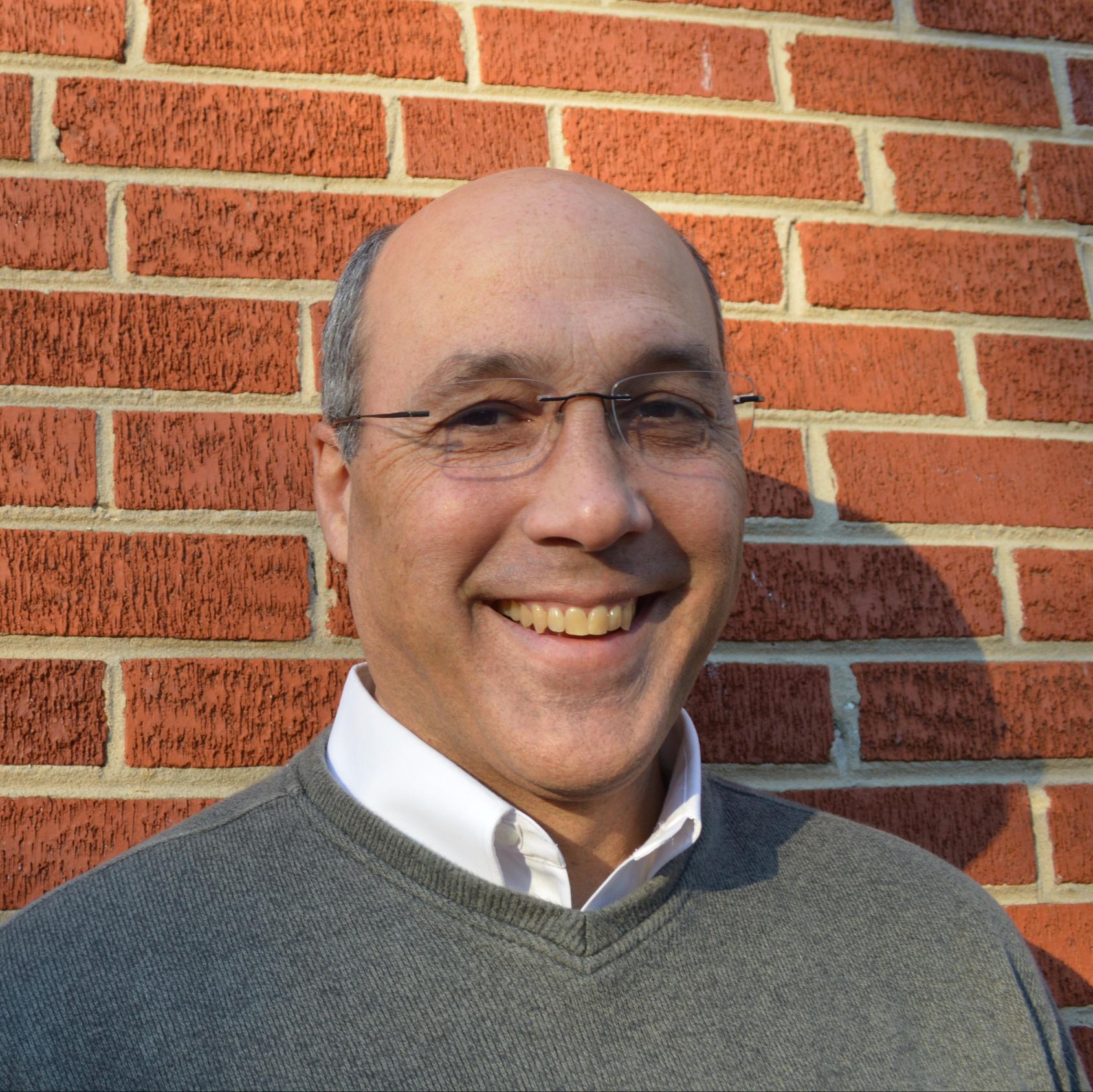Earlier this month, Catholic Energies, along with their parent organization, Catholic Climate Covenant (CCC), announced its plans to build DC’s largest solar ground project to-date — 5,000 panels, expected to offset nearly 3,400 tons of Co2 emissions per year in the District.
At the head of it all is Dan Misleh, the founder and director of CCC. Misleh credits his project as a direct response to Laudato Si, Pope Francis’s worldwide call for climate activism. He hopes the project shows how much the Church cares about the adverse effects of climate change and, in turn, will have a positive effect on the dwindling population of young people within the faith.
The Catholic Climate Covenant is a pretty unique group. Has this been done before in the DC area?
I think our group is pretty unique—we’re not necessarily a money-making venture, we’re a venture to help the Catholic community live up to the challenges of Laudato Si. I don’t know of any other religious organization, and very few nonprofits, that can offer what we offer: the whole package. Catholic Energies is a nonprofit faith-based development organization where we help negotiate for all parties interested in the use of solar, we make sure they get high-quality work and we bring the financing. So the parish, the school, the hospital system, they don’t need to raise a dime to have solar.
Why did you decide to found the Catholic Climate Covenant? Had you always been interested in combining climate change and faith?
In 2006, I was working at the US Conference of Catholic Bishops, where I was also interested in environmental issues and advocacy. I realized the Bishops had written a statement on climate change in 2001, and you know, there hadn’t really been any process to implement the document as wholly as it should have been. So that’s really how the organization started, we set it up in the summer of 2006 to basically try to help the Catholic community understand how to act on the issue of climate change as it relates to our Catholic teaching.
What was the interest like at the beginning, and when did it start picking up?
The interest was fairly high even from the beginning. One of the things we did from the start was enlist nearly a dozen national Catholic partners and think through with them how climate change impacts their work and how we can help them get the message of climate change out there.
And what can you tell me about the latest project—the giant field of solar panels built for the Catholic Charities of the Archdiocese of Washington?
It’s the largest solar project approved for construction to date in the District of Columbia, built in partnership with the Catholic Charities of the Archdiocese of Washington. They’re a separate corporation and truly the charitable arm of the archbishop to help low-income people in the region, whether it’s with homelessness, hunger, housing, etc. So we approached them with our Catholic Energies program, and we pointed out that at least in DC, there is this tremendous market for solar energy. Catholic Charities came back to us and said, “Well, we have this large piece of property in the eastern side of the District. It’s basically a big empty field. And would it make more sense to do a much larger solar installation on the field then on top of all of our buildings—over 12 total? And we could use energy from the field to offset our energy costs across the District.” And that’s ultimately what we did.
If you could say one thing to someone younger who was hesitant in their faith because they weren’t sure if the church was in tune with modern day issues, what would you say?
I would say two things: first, that the Church is absolutely concerned with these issues. This has been a core part of Catholic teaching for decades and has always been a part of the Catholic community. Sure, we sort of lost our way in the modern era, but we see the environmental devastation that has been caused by human activity and the church has responded to that. Second, I would also say to young people: get involved in your parish, in your school, and demand your administrators, your pastors, to begin to do something about this. Whether it’s instituting a recycling program or stopping the use of disposable cups at parish functions, or beginning community garden, there are lots of things that can be done in your faith that are positive for the environment.
This interview has been edited and condensed for clarity.















